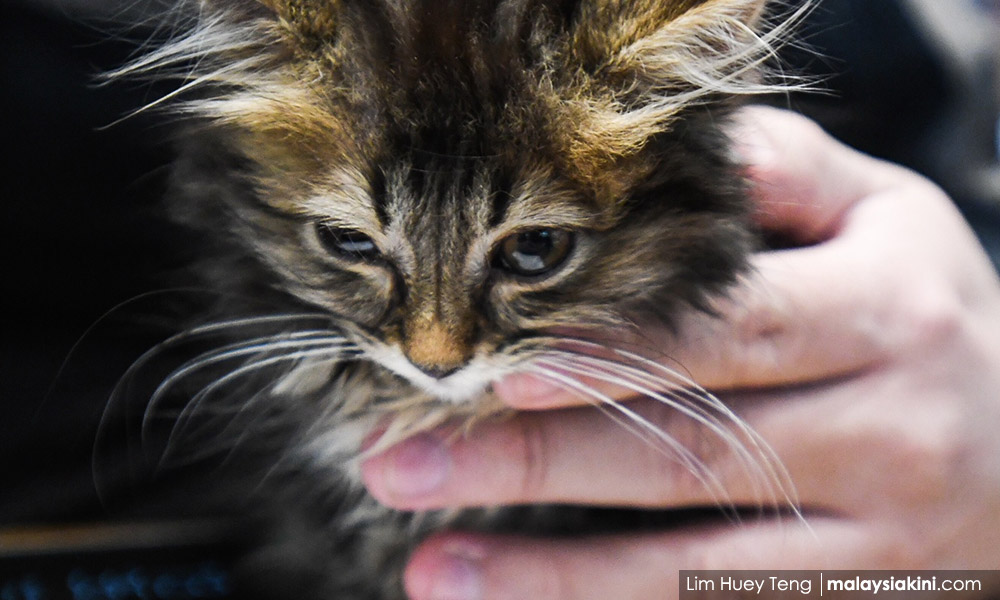M'sia probes falsification of dog, cat health certs after Aussie import ban
The Department of Veterinary Services (DVS) will probe the possible falsification of Veterinary Health Certificates (VHC) for dogs and cats intended for export into Australia.
This is among one of several matters to be investigated by the DVS and Malaysian Quarantine and Inspection Services (Maqis) following Australia’s decision to temporarily suspend the importation of the two types of animals, including pets, from Malaysia.
However, in one suspected dog case referred to the DVS by authorities there, the department said the VHC issued by Malaysia was found to be authentic.
DVS Director-General Dr Quaza Nizamuddin Hassan Nizam said Australia’s Agriculture, Water and the Environment Department had on Jan 24, requested Malaysia to conduct its own investigations after it alleged several animals were brought into the country without meeting set regulations.
“Preliminary investigations by Australian authorities found five applications for the export of dogs from Malaysia (into Australia) did not meet conditions, and one case of VHC falsification was suspected, in which the exported dog was suspected to have come from China.
“Of the five export applications, DVS only issued one VHC but that was not used as the dog intended for export had died. The other four applications are still being investigated.
“On the suspected falsified VHC, it is found that the VHC issued is authentic and the dog... had resided in Penang since January 2019 (and) according to records, there is no movement to show the dog exited and entered China,” Quaza said in a statement today.
Even so, he added the department has temporarily suspended all export applications from three export agents in Malaysia involved in the case “until further notice”.

Aside from the falsification of the VHC, the DVS and Maqis will also be investigating agents not adhering to Australia’s import conditions, veterinarians without current practice certificates as well as veterinarians who are not registered with the Malaysian Veterinary Council.
He added results from the probe will be presented to Australia’s Agriculture, Water and the Environment Department by Feb 28.
Quaza’s statement came after Malaysiakini reported on Saturday that Australia imposed the suspension due to concerns over biosecurity risks after several imported dogs and cats from Malaysia were found not to have met its import conditions.
Effective Feb 5, the suspension also affected individual import permit holders who are awaiting the arrivals of their pets.
RM12.50 / month
- Unlimited access to award-winning journalism
- Comment and share your opinions on all our articles
- Gift interesting stories to your friends
- Tax deductable
